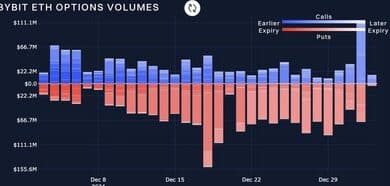Susu is an Ivorian health-tech startup. Growing population and lifestyle changes have led many people in Africa to suffer from chronic diseases such as diabetes and hypertension. But in Africa, most people do not have access to quality healthcare due to the ill-equipped nature of hospitals and lack of insurance.
Hence, health-tech startups across Africa like Ivory Coast- and French-based Susu are stepping up to fill this need. In a bid to continue providing affordable and accessible healthcare for its customers in Ivory Coast, Senegal and Cameroon, the Ivorian startup is being backed with $1 million in pre-seed funding.
The equity raise saw participation mainly from angel investors, as the company also raised $1.2 million in debt and grant financing from BPI France, the French government’s public investment bank.
Story behind Susu
Bola Bardet founded the company with Laurent Leconte (CTO) and Sandrine Egron (COO). She thought of it after loosing her father to complications from a chronic health condition due to poor management.
My father died in 2017 after he had a heart issue in Benin and could not be saved. The health issue was a complication from his hypertension that was poorly managed. At that moment, I was finishing my MBA at HEC Paris and the goal I set for myself was to try to prevent that happening to other people, maybe that will be something good that I can do in my life. So that’s how the story started.
Bola Bardet – Founder, Susu
Having worked in a luxury firm, as an investment banker at JP Morgan and her own consulting firm, Bardet decided to start Susu in 2019.
How is Susu different form other health-tech startups?
Insurtech startups like CarePay and Reliance Health try to make insurance readily available for the rest of the market. They do it via partnerships with companies, or by enabling weekly to monthly subscription charges. But, users are still required most times to pay out of pocket.
That’s where Susu is different. In addition to allowing patients to finance their bills, Susu gives a collective financing solution. In this, family members living locally can also help patients finance their monthly subscription fees via care bundles. Care bundles are basically medical calendars. They include doctor consultations, nurse visits, medical advice sent by SMS, and a combination of other medical activities for patients.
Growth so far
The product seems to have resonated well with its 5,000-strong customer base. This customer base grew 5x last year. Revenue also increased more than 400% in 2021, the company said.
Susu intends to grow its team and introduce new features with its recent funding. Bardet also said the company would launch its services across six more countries in sub-Saharan Africa, including Nigeria and Ghana.



